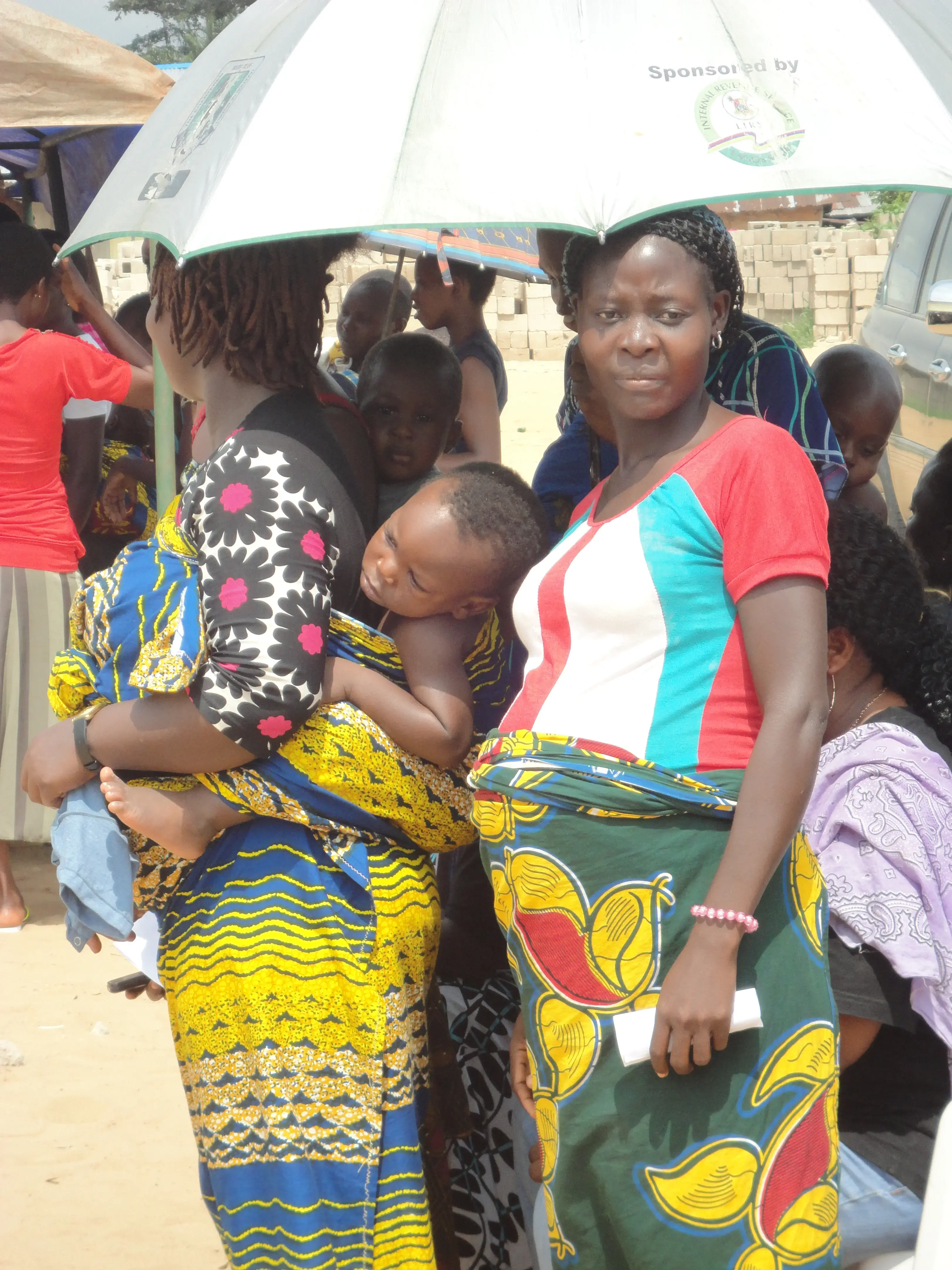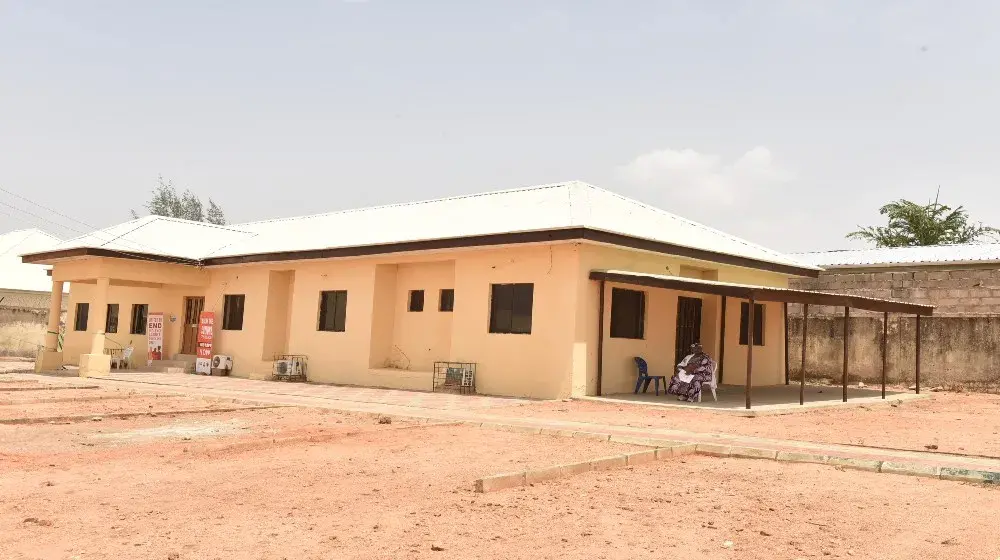The Gender-Based Violence Information Management System (GBVIMS) is a global interagency tool to harmonize Gender-Based Violence (GBV) data generated in the context of service delivery in humanitarian settings. The engagement process of the GBVIMS includes a structured assessment of the quality of GBV service provision, capacity building in GBV case management and GBVIMS, continuous technical support throughout the implementation period in the context of an Information Sharing Protocol (ISP). Primero/GBVIMS+ is an open-source software platform that helps humanitarian partners to manage protection-related data, with tools that facilitate case management and incident monitoring. The data is collected directly from GBV survivors (or their guardians for child survivors) seeking services and have given informed consent for their information to be collected and shared by service providers who are using the GBVIMS and GBVIMS+ tools.
The GBVIMS enables service providers to ethically and safely collect, store, analyse, and share data related to the reported incidents of GBV. The GBVIMS is comprised of four tools: 1. Consent/intake form to harmonize data collection; 2. GBV Classification Tool that provides a standardized process of classifying reported incidents; 3. An Incident Recorder - designed to simplify and improve data collection, compilation, and analysis, and 4. The ISP that provides guiding principles on safe & ethical sharing of GBV data and best practices. In Nigeria, the GBVIMS is operational in Borno, Yobe, and Adamawa (BAY) States, used mainly by GBV Case Management and Psychosocial Support Service (PSS) providers. 14 organizations (4 National NGOs, 7 INGOs, and 3 UN agencies) are signatories to the Information Sharing Protocol (ISP), 11 Data Gathering Organizations (DGOs) are collecting and reporting GBV incident data through the GBVIMS platform. On the Primero Inter-Agency platform, there are 4 users (out of the 11 DGOs) that collect both incident data and carry out case management using mobile devices as of the reporting period. Following challenges presented by the COVID-19 pandemic in guaranteeing safety and confidentiality in GBV data management, UNFPA has started supporting the rollout of the GBVIMS+ to critical service providers. This report covers data on GBV incidents reported from January to June 2020 by the 11 National and International NGOs. The highest reports were received from Borno State, which accounts for 87% of the data, while Adamawa and Yobe States contributed 8% and 5% of the data respectively. This report aims to provide GBV actors and key stakeholders with data on trends to inform GBV programming, fundraising, and advocacy to prevent and respond to GBV in the current humanitarian response in NE Nigeria.



